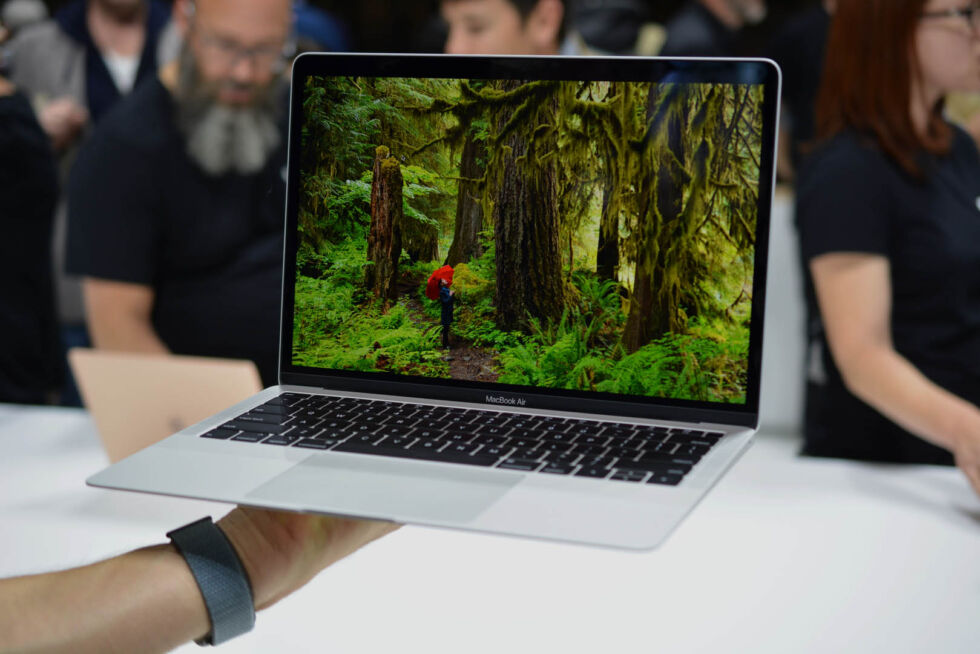
Arich Lawson
As the Intel Mac era has been winding down for the past couple of years, we’ve been keeping a close eye on the level of software support available for each outgoing model. We did this with more than 20 years of hard data to establish whether Intel Mac owners are getting short shrift as Apple shifts its focus to software that leverages Apple Silicon hardware and Apple Silicon exclusive capabilities.
So far, we’ve found that owners of Intel Macs built in the mid-to-late 2010s definitely receive fewer major macOS updates and fewer years of security updates than owners of Intel Macs built in the late 2000s and early 2010s. These systems receive even more generous support than older PowerPC Macs after Apple switched to Intel processors.
The good news with the release of MacOS 15 Sequoia is that Apple is dropping far fewer Intel Mac models this year, a much-needed pause that slows the steady acceleration of support-loss we’ve seen over the past few macOS releases.
The bad news is No True to the MacBook Air, generally the most important and best-selling of all of Apple’s Mac models — the 2018 version of the Air (and a Very much (a slightly revised 2019-era variant of the same machine) has been removed from the Sequoia support list, giving them the shortest support window of any MacBook Air since 2008.
Uncertainty lingers over Apple being an Intel Mac owner in the Silicon Era, as we don’t know when Apple plans to completely remove Intel support from Macs. Statistically, it could go either way—at least a few Intel Macs will still get an update, but the Sequoia could also be the end of the line.
Information

Valentina Palladino
If you haven’t read our pieces on Intel Mac support in macOS 13 Ventura or macOS 14 Sonoma, here’s a quick overview of what data we’re collecting and what it means. You can also view the raw data in a spreadsheet Here; There are some details about data collection in the notes at the end of our macOS Ventura support article.
For every modern Mac Apple has released — “modern” includes every model released since the original iMac, shortly after Steve Jobs returned to the company — we’ve tracked the date it was introduced and the date it was discontinued. We recorded the number of major macOS releases each system supported and the amount of time each Mac received basic security-only patches after it stopped running the latest release of macOS.
We focus mainly on two time periods: from each Mac’s launch date to the date it stopped receiving major macOS updates and from each Mac’s launch date to the date it stopped receiving any updates. We consider any of these spawns to actively support Max; Macs that don’t receive regular updates from Apple are abandoned and will slowly become less secure and become less compatible with modern applications over time. We measure by years of support rather than the number of releases that control Apple’s change Annual publication schedule for MacOS in the early 2010s.
We tracked the time between each Mac model’s suspension and the time it stopped receiving updates. This is how Apple decides which products to go with Its “vintage” and “obsolete” hardware catalogsThis determines the level of hardware support and the types of repairs the company offers.
Apple has occasionally recommended that we use these “vintage” and “obsolete” labels to choose Macs supported by a new macOS update. But our data shows that’s not true—Apple won’t support Mac hardware for long because it sold that hardware long ago. If you buy an older Mac, whether it’s new, refurbished, or used, you’ll usually get a few years of active MacOS updates.